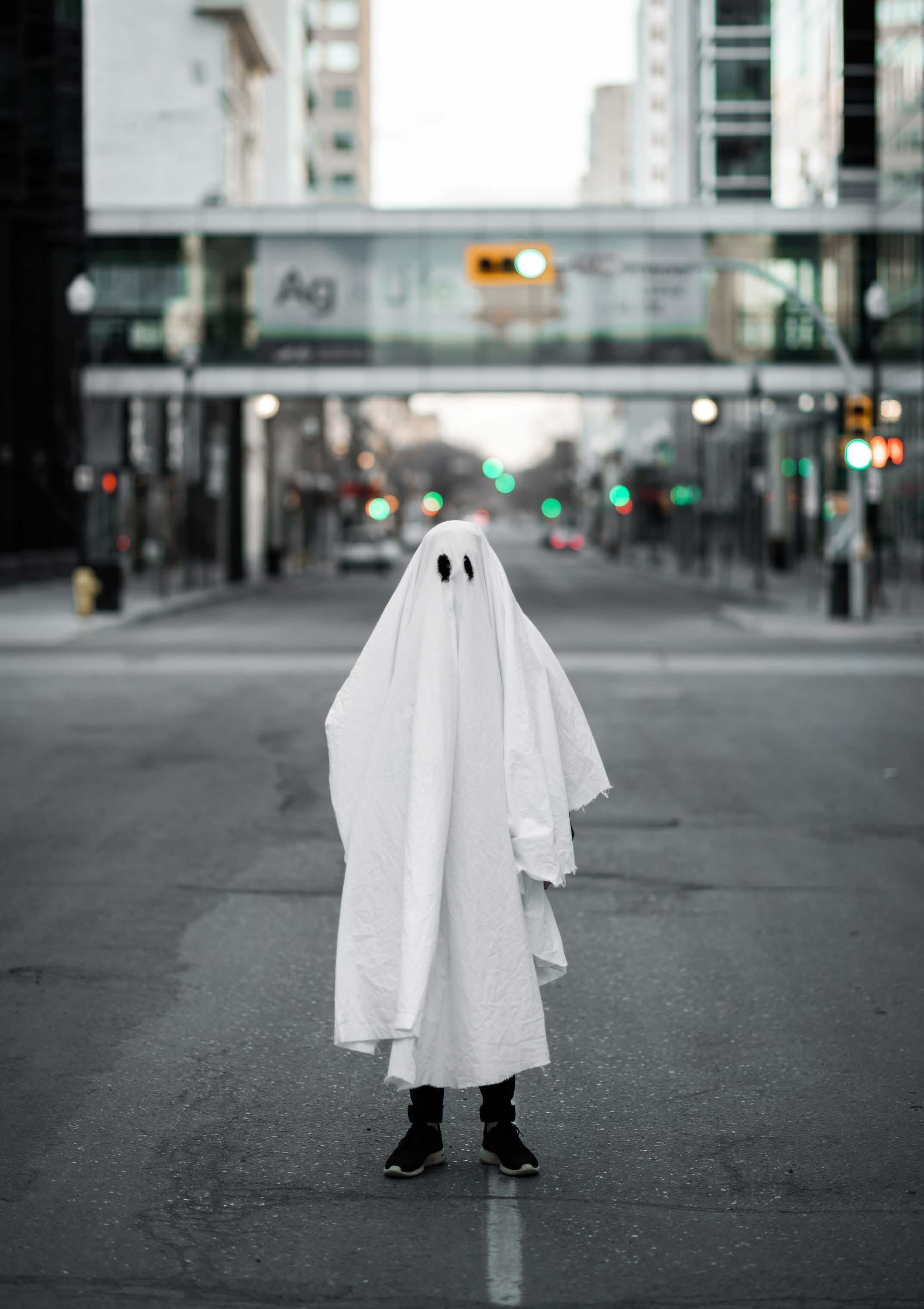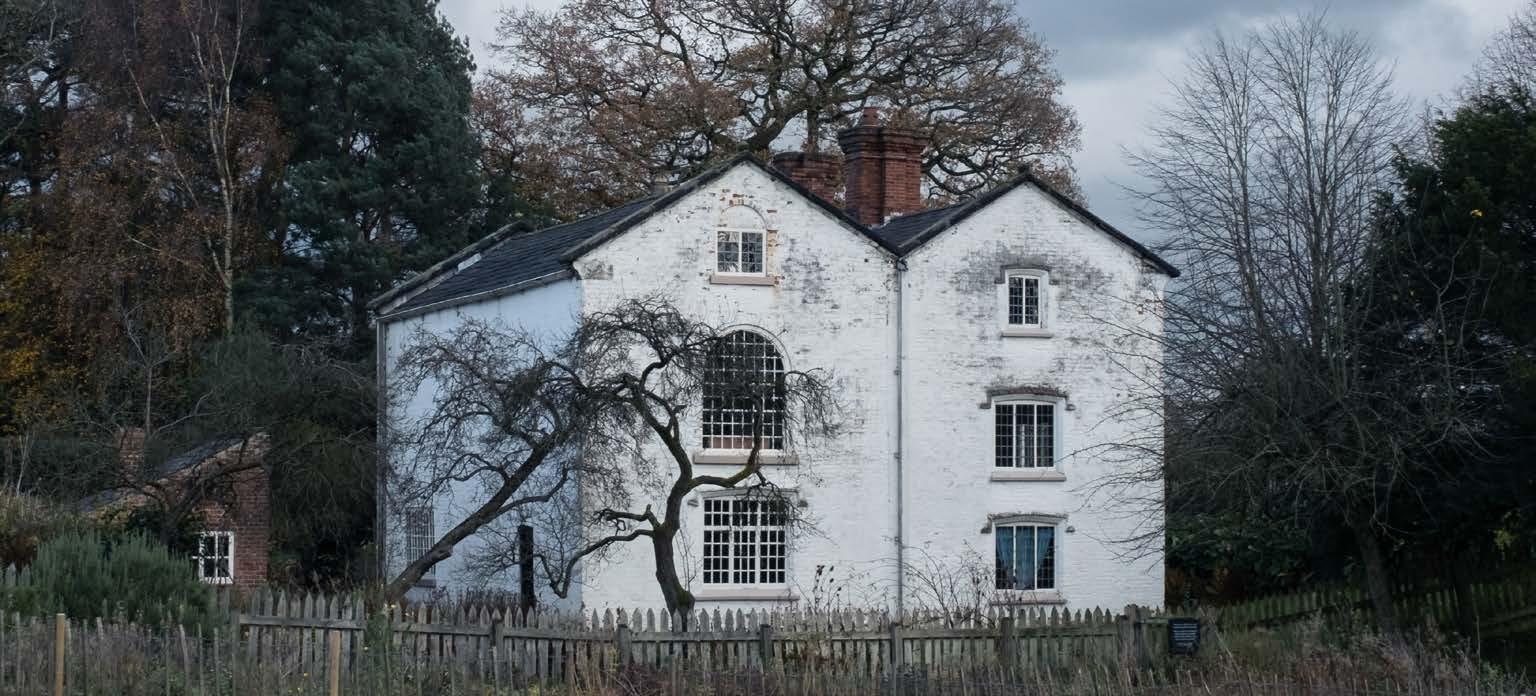
2 minute read
The quiet queerness of ghosts
by TasCAHRD
You may fondly remember Horrible Histories, the comedy history show that was a big part of many Australian kids' childhood. From the same comedy group that made Horrible Histories, comes Ghosts, a 2019 BBC comedy that I think you’ll enjoy.

When Alice inherits a crumbling mansion from a distant relative, she and her husband Mike have a dream of turning it into a hotel. However, after a near death experience Alice is suddenly able to see ghosts, and discovers that Button House is crawling with them. These titular ghosts are the main cast of the show. They’re a squabbling found family, each trapped after unhappy lives and tragic deaths. The cast is a suitably unconventional, from a Stuart-era peasant woman burned as a witch to a British MP who died in a sex scandal in the 80s. Despite their huge differences, the ghosts learn to work together, and work with their new living friends, though not without hijinx along the way.
The comedic talents of the Horrible Histories troupe are joined by Charlotte Ritchie as Alice, Kiell Smith-Bynoe as Mike, Katy Wix as Mary, and Lolly Adefope as Kitty. They slot in effortlessly with the existing team, and Lolly Adefope’s role as a naive and charming Georgian noblewoman is a standout. Among its great sense of humour and constant barrage of jokes, told in a familiar slightly slapstick manner, Ghosts still finds time to explore the heartfelt stories of the ghosts and what led them to Button House. The quiet queerness of the show is particularly found in the story of the Captain, a closeted WWII officer, who slowly learns to be less rigid with the help of the other ghosts, and sympathetically explores his unrequited love for a soldier under his command during his life. A favourite episode from season two explores a lesbian wedding hosted at the house, and in the backdrop of it, the journey of discovery for the Victorian ghost Lady Button, as she at first struggles to accept LGBTQ+ people and then come to terms with being murdered by own her husband to hide his own homosexuality, ultimately realising that it was homophobia that drove him to be so afraid.










